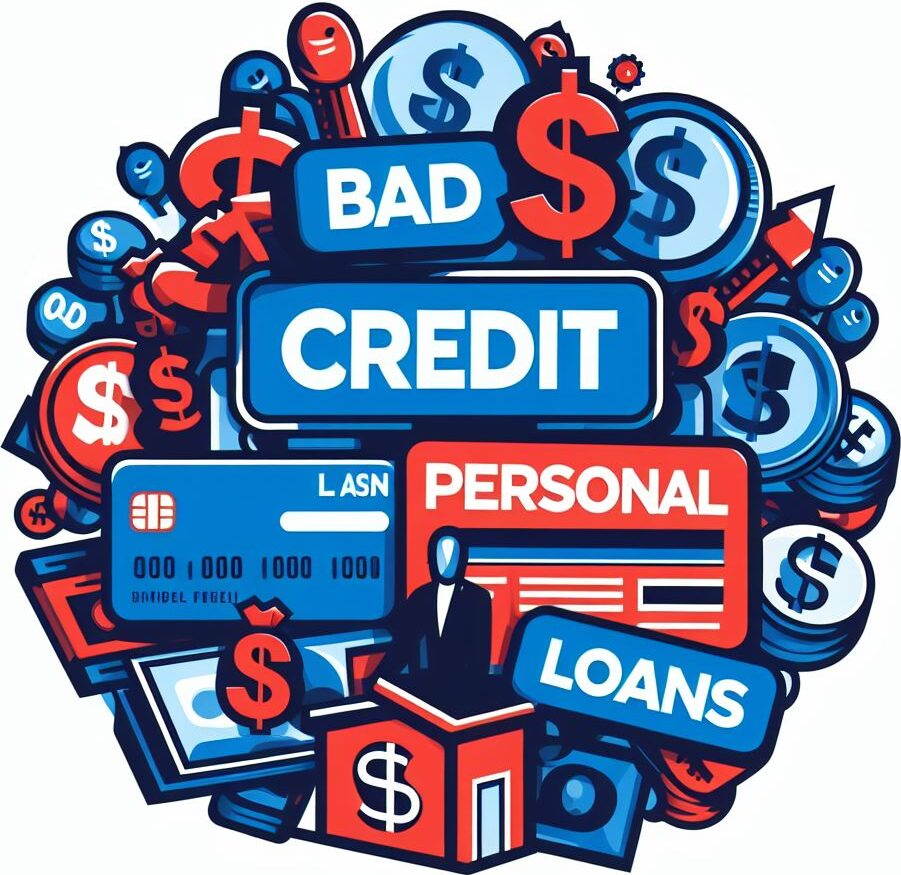Today, I’m going to be talking about debt consolidation. Now what is a big deal about it? Well, it’s often touted as a simple solution to complex debt problems, but it’s not without its own set of challenges. Let’s clear the air and set the record straight.
Debt consolidation involves combining multiple debts into one single payment, usually with a lower interest rate. It sounds pretty handy, doesn’t it? But hold on, because there’s more to it. Have you ever wondered if there are hidden costs associated with debt consolidation? Guess what? There are. From origination fees to balance transfer charges, these sneaky little expenses can add up fast.
You’re going to find out about another critical consideration – your credit score. It’s a number that can either open doors for you or keep them locked tight. Short-term, consolidating your debts could cause a few dings to your score because of hard inquiries from lenders. However, in the long haul, if you’re consistent with the payments, it could very well improve your score. Still, tread carefully; it’s a delicate balance.

This isn’t just about lowering your monthly payments; it’s also about understanding the fit. What works like a charm for one person might be the wrong move for another. So, choose something that resonates with you and your unique financial situation.
The Hidden Risks of Debt Consolidation
It’s tempting to view debt consolidation as a lifeline out of financial trouble, but this move can sometimes feel like trying to douse a flame with gasoline. If you’re not careful, consolidating debt can lead to increased overall indebtedness. It’s a bit like cleaning up a mess in your living room by shoving everything into a closet. On the surface, the room looks tidy, but the clutter hasn’t actually gone anywhere, and it’s bound to spill out eventually.
Consider the danger of secured loans. If you’re using your home equity or vehicle as collateral, you’re placing these essential assets at risk. Failure to meet your new, consolidated payment terms could result in a far more severe outcome than defaulting on unsecured debt. You’re essentially betting the roof over your head on your ability to stay afloat financially.
Then there’s the psychological effect, a clever illusion of debt relief. When multiple payments are packaged into one, it can feel like you’ve wiped the slate clean. However, this is not the elimination of debt but a reshuffling. It’s important to stay cognizant of the fact that the total amount owed is still very much present, and complacency can lead to more lavish spending, paving the path toward a deeper financial hole.
Beware of the allure of lower monthly payments, which can hide the potential for higher interest rates over time. The math is simple: if your consolidated loan extends your payoff period, you could end up paying more in interest than you would have on your original debts. It’s a case of potential short-term gain for long-term pain, something many fail to calculate accurately.
Lastly, don’t overlook that debt consolidation can strip away protections and benefits associated with certain types of original debts. For instance, federal student loans come with a range of repayment plans, forgiveness programs, and options for deferment or forbearance, all of which could be lost through consolidation with private loans.
In the next section, we’ll explore some of the very real consequences that individuals face when debt consolidation backfires. From personal stories to expert insights, understanding these scenarios can help paint a broader picture of why a strategy meant to simplify your financial landscape, might, in fact, complicate it further.
When Debt Consolidation Backfires: Real-Life Consequences
Have you ever wondered if those stories of debt consolidation gone wrong are just cautionary tales? Guess what? They are. There’s no shortage of examples where what seemed like a savvy financial move turned into a nightmare. I’m going to take you through some case studies that shine a light on the dark side of debt consolidation.
You’ve probably heard about the domino effect in other contexts, but it’s particularly worrying when it comes to debt. Let’s say you consolidate all your credit card debts into a single loan. If you start missing payments, you’re not just dealing with multiple small issues; you’re risking the whole ship. A single default can sometimes lead to spiraling consequences, affecting your credit score, assets, and even your mental health.
Now, imagine you’ve gone through with debt consolidation, but you haven’t changed your spending habits. It’s like patching a leaky roof with tape. Before long, the rain’s going to start pouring in again. Todd, a retail manager from Ohio, found this out the hard way. Despite consolidating his debts, he continued to spend unwisely, eventually ending up with double the debt – the consolidated loan plus a fresh batch of credit card debt.
What do the experts say? Many financial advisors I’ve talked to stress the importance of addressing the root causes of debt, not just the symptoms. If you treat debt consolidation as a cure-all without tackling your financial habits, it’s a temporary fix at best. And at worst, it can fast-track you to an even more precarious financial cliff.
So, navigating financial health isn’t just about finding a quick solution. It’s also about making sustainable changes. Now I’m going to walk you through some alternatives to debt consolidation that could help you take control of your finances without falling into the same trap. Debt consolidation can sometimes seem like the right answer, but it’s vital to explore all your options. Let’s look at what could work better in the long run.
Navigating Financial Health: Alternatives to Debt Consolidation
Debt consolidation can seem like a silver bullet for managing overwhelming debt, but it’s not without its drawbacks. If you’re feeling uneasy about the potential pitfalls of debt consolidation, don’t worry too much about it. There are alternative paths you can take toward achieving financial well-being.
Firstly, embracing budgeting and lifestyle changes is perhaps the most sustainable way to manage debt. This might mean trimming non-essential expenses or finding ways to increase income. Choose something that resonates with you, and remember, your first attempt doesn’t need to be your last. You can always adjust your approach down the road.
Some people find success by negotiating directly with their creditors. It’s possible to lower interest rates or establish repayment plans that better fit your financial situation. Financial hardship programs may be available, so it never hurts to ask.
Credit counseling services can also guide you to financial stability. These organizations often offer workshops and one-on-one sessions to help you develop a comprehensive budget and debt management plan. They might even mediate with creditors on your behalf.
Finally, in severe cases, bankruptcy may be an option worth considering. While it carries significant consequences for your credit score and financial record, bankruptcy can provide a fresh start if other debt relief options have been exhausted.
By considering these alternatives, you’re taking a critical step towards healthier finances. Just don’t focus too much on perfection; progress is key. And if you’re unsure where to start, seek out a financial advisor to help you navigate your options. Remember, regaining control of your financial life is possible—with careful planning, informed decisions, and a bit of help from the right resources.
